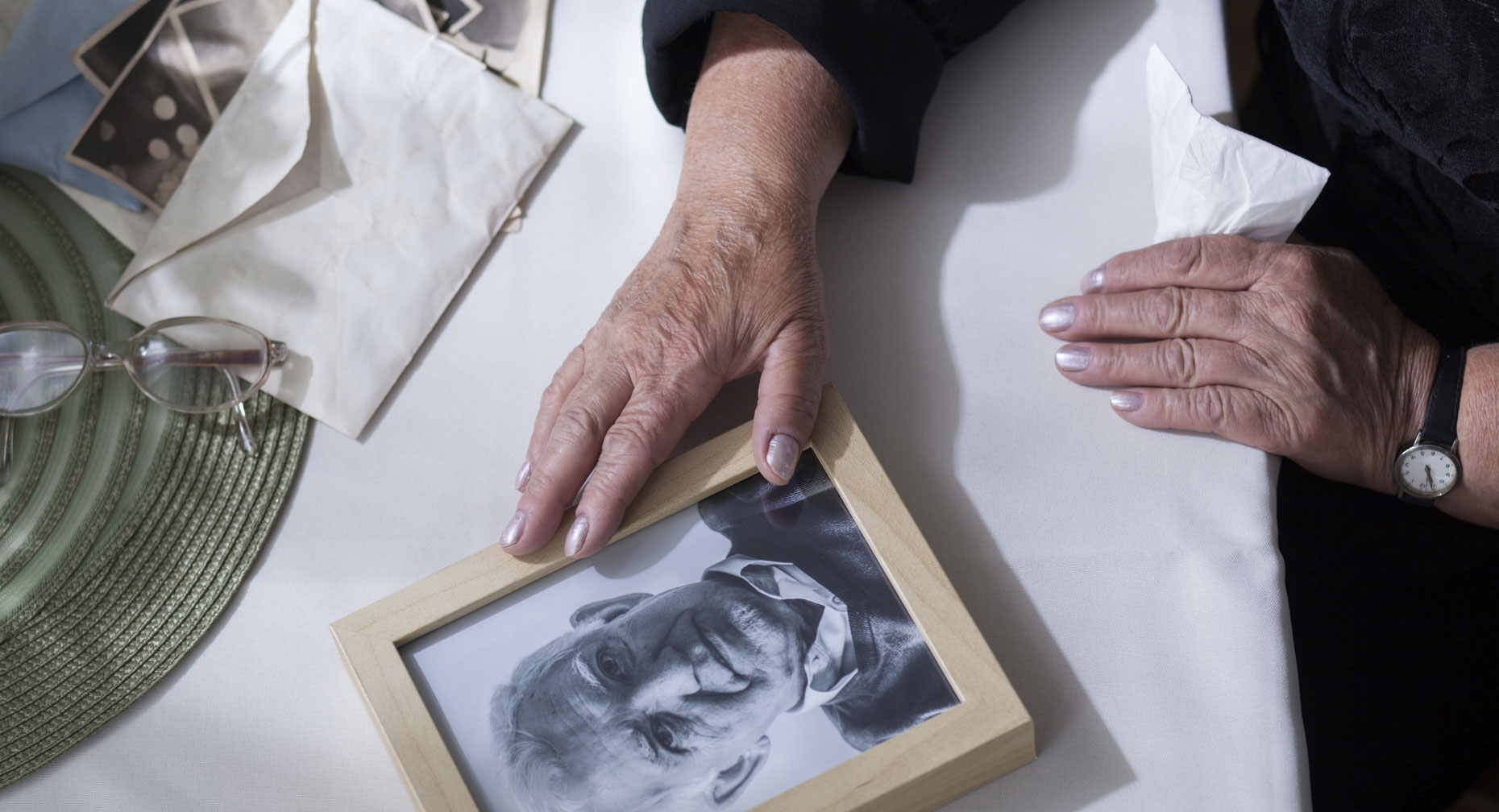Sadness, Grief, Depression: What’s the Difference?

Answer a few questions and we'll provide you with a list of primary care providers that best fit your needs.
Are you feeling a lack of energy or enjoyment in life? These feelings can be common to depression, grief and sadness — terms that often get blended together or used interchangeably. Although these states of being are closely intertwined, there are some distinct differences.
“Grief is a direct response to loss: the death of a loved one, loss of a marriage or loss of a friend,” explains Beth Esposito, MS, LPCC-S, LSW, chief of clinical operations with Samaritan Behavioral Health in Dayton, Ohio.
“Depression, on the other hand, doesn’t always have a direct cause. It can be triggered by a situation, but it’s more of a biological, chemical response in the brain.”
She continues, “Sadness over life changes is more of an adjustment disorder. It happens if you’re away from family and friends and don’t have support. It’s a perfectly normal response, but if it goes on for a long length of time, it can cause impairment.”
Be patient with yourself as you work to recover, and don’t expect to have the energy you normally do.
Esposito notes that sadness and grief can turn into depression over time.
When is It Depression?
Depression is a disorder of the brain that has some well-defined signs and symptoms that last for an extended time — two weeks, a month or longer.
Symptoms of depression can be mild to severe and include:
- Sadness or feeling “down”
- Tiredness and low energy
- Trouble focusing, concentrating or making decisions
- Anger, irritability or frustration
- Loss of interest or pleasure in activities you once enjoyed
- Trouble sleeping or getting too much sleep
- Feeling isolated and removing yourself from social activities
- Undereating, overeating or craving unhealthy foods
- Anxiety, excessive worry or guilt
- Missing days or underperforming at work or school
- Suicidal thoughts
- Headache, stomachache or muscle pain
- Drug or alcohol abuse
Scientists know that there’s a change in brain chemicals when depression occurs. Neurotransmitters are chemicals that help messages travel from one nerve cell to another and one brain region to another. In particular, norepinephrine and serotonin are connected to mood. When their levels decrease, depression may occur.
Medication and talk therapy are two ways to increase the levels of these neurotransmitters and relieve symptoms of depression.
How Do Grief and Sadness Differ from Depression?
Although grief and depression may both involve intense sadness and lack of enjoyment in activities, they are different in important ways.
- If you are feeling grief, you may experience painful feelings in waves, mixed in with good memories of the person you have lost. If you have a major depression, your mood and lack of enjoyment remain consistently low for two weeks or more.
- While you are grieving, you tend to maintain your feelings of self-worth. With depression, you tend to have feelings of worthlessness and low self-esteem.
- Sometimes, the grief brought on by the death of a loved one, loss of a job or traumatic event can lead to depression. Having the two together intensifies the grief and sadness and causes it to last longer.
Take Care of Yourself
If you have symptoms that are interfering with your ability to function in everyday life and that last longer than two to three weeks, seek professional help. If you don’t know where to go, ask your primary care physician or research online. For grief counseling, you can also check with a local hospital, hospice service or church. For mental health counseling, your doctor or local hospital should be able to provide resources.
In addition to seeking professional assistance, you can help yourself by tending to your emotional, physical, mental and social needs. Try incorporating these practices into your daily life:
- Be with other people and take part in fun activities. Open up and express your feelings with people you trust.
- Don’t make major life decisions, such as moving or changing jobs, while you are experiencing negative thoughts that may cloud your judgment.
- Be patient with yourself as you work to recover, and don’t expect to have the energy you normally do. Set small, realistic goals.
- Get enough sleep.
- Follow a healthy diet.
- Exercise regularly.
- Avoid alcohol and drugs.
- Practice meditation, tai chi or other relaxation methods.
Answer a few questions and we'll provide you with a list of primary care providers that best fit your needs.
Source: National Institute of Mental Health; American Psychiatric Association; Beth Esposito, MS, LPCC-S, LSW, Chief of Clinical Operations, Samaritan Behavioral Health




.tmb-card-head.webp?sfvrsn=680c0961_9)
